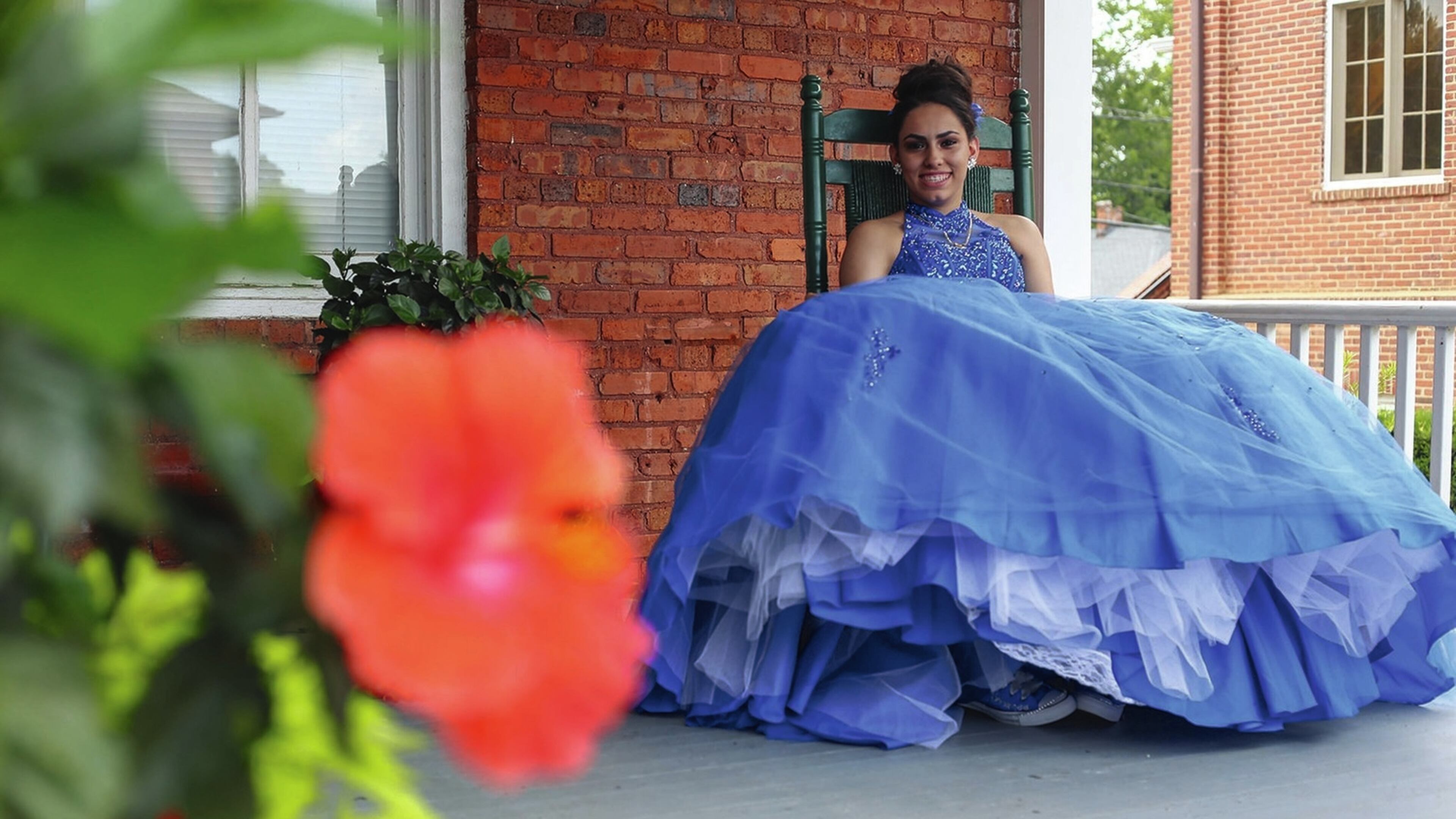Nuestra Comunidad: Developmental delay doesn’t deter teen’s dreams

Rosaura Chávez has witnessed many quinceañeras in her day, but, for her, none have been as happy as the one for her daughter, Yamilet. Like many young girls who look forward to the celebration of this birthday, which represents a significant cultural milestone in several Latino cultures, Yamilet requested a party.
“She started telling me that she wanted her quince to be made for a princess,” explained Chávez, who is originally from Mexico and currently resides in Macon.
A quinceañera, or fifteenth birthday, is considered to be a momentous recognition of leaving behind one’s girlhood. For Yamilet, it symbolized the most exciting moment of her life thus far. For her mother it was the opportunity to nurture new dreams for her daughter.
Yamilet, who has developmental delays, loves to dance and listen to Justin Bieber and read, said Chávez.
“She was dancing with everyone, she felt like a princess. She hugged me and told me, ‘Thank you mom, because you made my dream a reality,’” said Chávez.
Seeing the hope in her daughter’s eyes motivated Chávez to support and encourage Yamilet to not view her developmental issues as obstacles, but rather to try to reach her maximum potential at all times.
Yamilet did not begin speaking until she was eight years old, learning early on how to communicate with signs. Now, she hopes to one day become a sign language teacher.
“I’m going to nurture that dream and let her see what she can do. I have to let her teach me what she is capable of,” said Chávez.
Now, the mother is able to see and appreciate her daughter for who she is: someone who changed her life. The road to fully accepting Yamilet, however, has admittedly been a long one for Chávez.
“I was really young when she was born. I naively hoped that she would get better, that one day she would be like all the other children,” said Chávez.
For many years, she pleaded with her daughter to speak. Then, at eight years of age, Yamilet surprised her family and began talking. The reason behind the seemingly sudden and unexpected advances in her daughter’s speech can be attributed directly to Yamilet, said Chávez.
“When I accepted her and stopped denying it, when I stopped asking God, ‘why me?’ my daughter responded to my love in a wonderful way,” said Chávez.
“She taught me that she was capable of speaking at eight years old, and at almost 14 years old she learned how to read. So we are the ones who put the biggest limits on children like her, thinking they aren’t capable of doing a lot of things. But they are capable of showing us a different world, full of opportunities and dreams, because they have dreams too,” explained Chávez.
In a perfect world, society would not exclude, nor would it pity, children like her daughter who are born with disabilities, said Chávez. At the same time, she encourages parents to see all the potential their children have, instead of focusing on what they lack or their limitations.
“Be strong, stand tall, and don’t think that a child with a disability is one more job,” she said. “Accept your child, love him just as he is, and don’t hide him. Take him out into the world, encourage him to keep going.”
She recognizes that the adolescent years can be challenging, but Chávez is prepared to support Yamilet in whichever endeavors the young woman wishes to pursue. One of the greatest lessons that Yamilet has taught her mother is given through her constant smile.
“She is happy and extremely playful. It wouldn’t matter if the world were falling apart around us, she’s always smiling. She doesn’t aware of her limitations,” said Chávez. “She has taught me to be happy, in spite of the circumstances, and to always smile, despite all the difficulties life may bring.”
